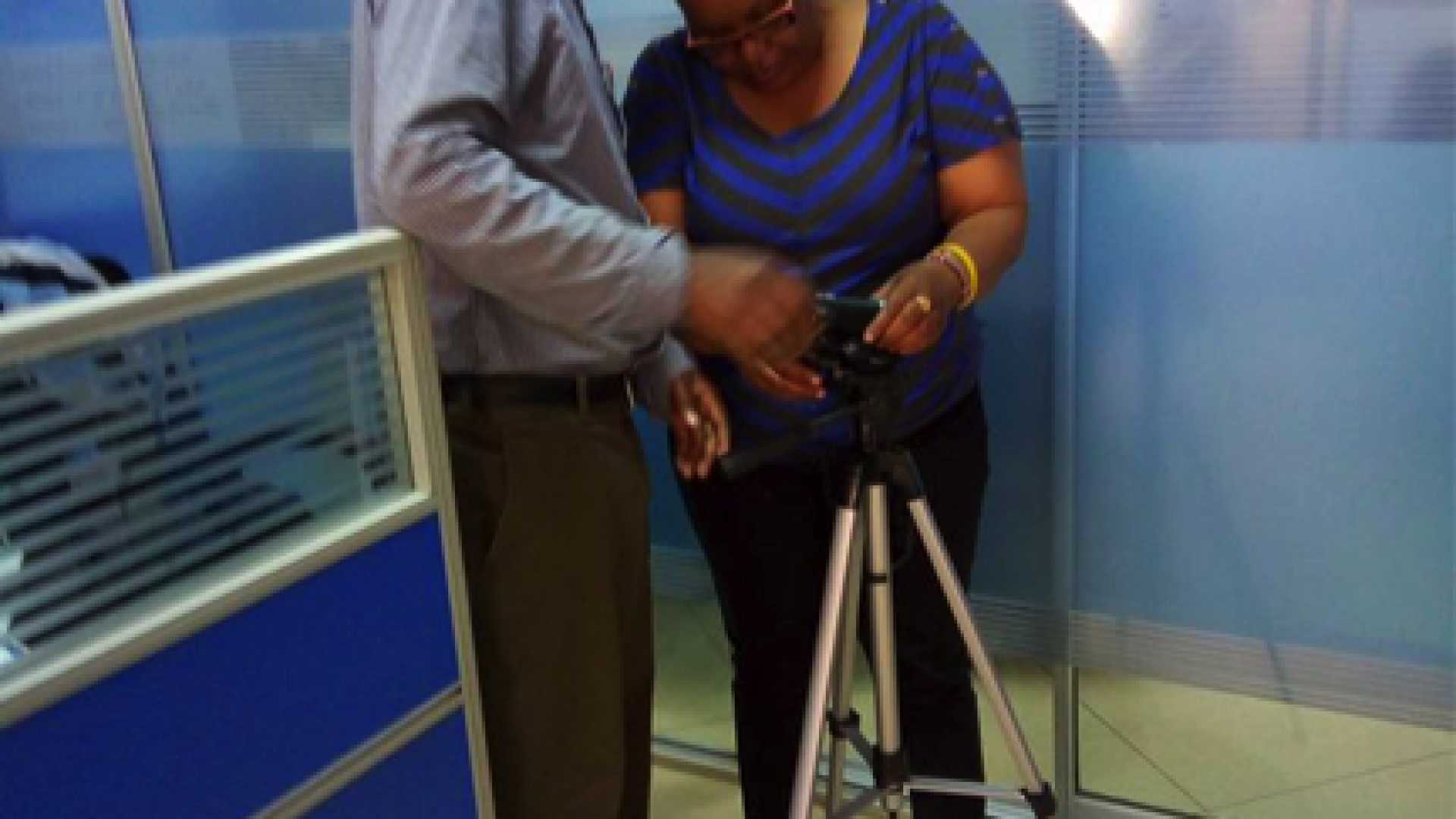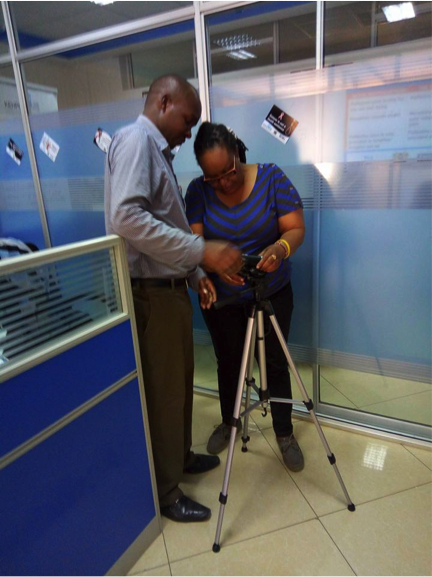
Reflecting on challenges to data collection by Nancy Gikaara
It has been both exciting, and a little challenging, working on this unique study in Nairobi Hospice, producing a number of learnt lessons that will serve as a launching pad as the study team moves to the subsequent sites.
To begin with, according to a number of those participants, the invitation to attend the hospice for an interview has helped them speak to the hospice staff about how they are faring since the loss of their relative and even say thank you for the services they received.
Indeed, to some participating in the interview has helped them open up and be able to speak about the loss of their loved; below is a post on social media by one of such respondents.
“It’s been over a year since I stepped in Nairobi Hospice until today. An hour’s survey with Nancy Gikaara made me relive nine months of taking care of Mum. A time I have soo far avoided to speak about, a pain I blocked and refused to deal with, sometimes I miss Njahi [a small type of legume which are a delicacy among the Kikuyu community] ... and I still can’t cook them, coz she’s the one who had the perfect recipe … he he he! I am trying my best a year later to grief her but I shall repeat her words. ‘If cancer is my transport to [the] after life, so be it’ … You may wonder why this? Why now? It’s simple! During my journey taking care of her, I always wanted to join a network whereby I don't have to be strong, a place with like-minded persons, whereby I don't have to encourage someone when I am breaking inside, a place whereby you can cry and no one asks you why coz they can relate, a place whereby you can rejuvenate and when you get back to your caregiving work you are healed, energetic … you are equipped by professionals to handle this cross with love. I couldn’t find such a network … It’s time to realize this: if you are taking care of a terminally Ill person, a physically, mentally challenged person etc. or you have ever done this and can lift a sister, a brother ... join our group.”
There have, however, been challenges as well during the recruitment of study participants, including:

Thinking about Nyeri Hospice
Many of these challenges will hopefully be diminished at our next clinical destination: Nyeri Hospice. Working in a more rural locale, with an urbanized center that does not reflect that of the country’s capital, including the available time and commitment of caregivers to honor interview commitments, I am hopeful that interviews will be completed sooner and that some of the shortfall interviews we experienced in Nairobi Hospice- especially the cognitive interviews – will be more than compensated for by Nyeri residents. Let’s see what happens!